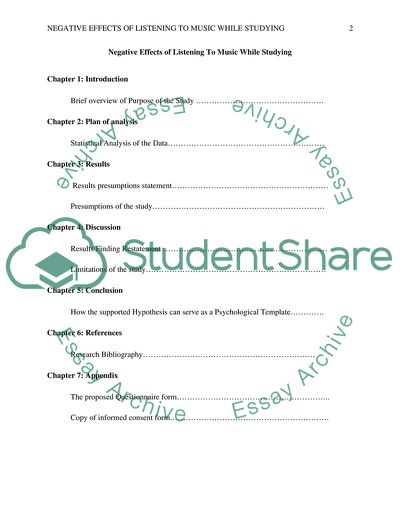Cite this document
(“The Negative Effect of Listening to Music While Learning Essay”, n.d.)
Retrieved from https://studentshare.org/psychology/1702465-the-negative-effect-of-listening-to-music-while-learning
Retrieved from https://studentshare.org/psychology/1702465-the-negative-effect-of-listening-to-music-while-learning
(The Negative Effect of Listening to Music While Learning Essay)
https://studentshare.org/psychology/1702465-the-negative-effect-of-listening-to-music-while-learning.
https://studentshare.org/psychology/1702465-the-negative-effect-of-listening-to-music-while-learning.
“The Negative Effect of Listening to Music While Learning Essay”, n.d. https://studentshare.org/psychology/1702465-the-negative-effect-of-listening-to-music-while-learning.


